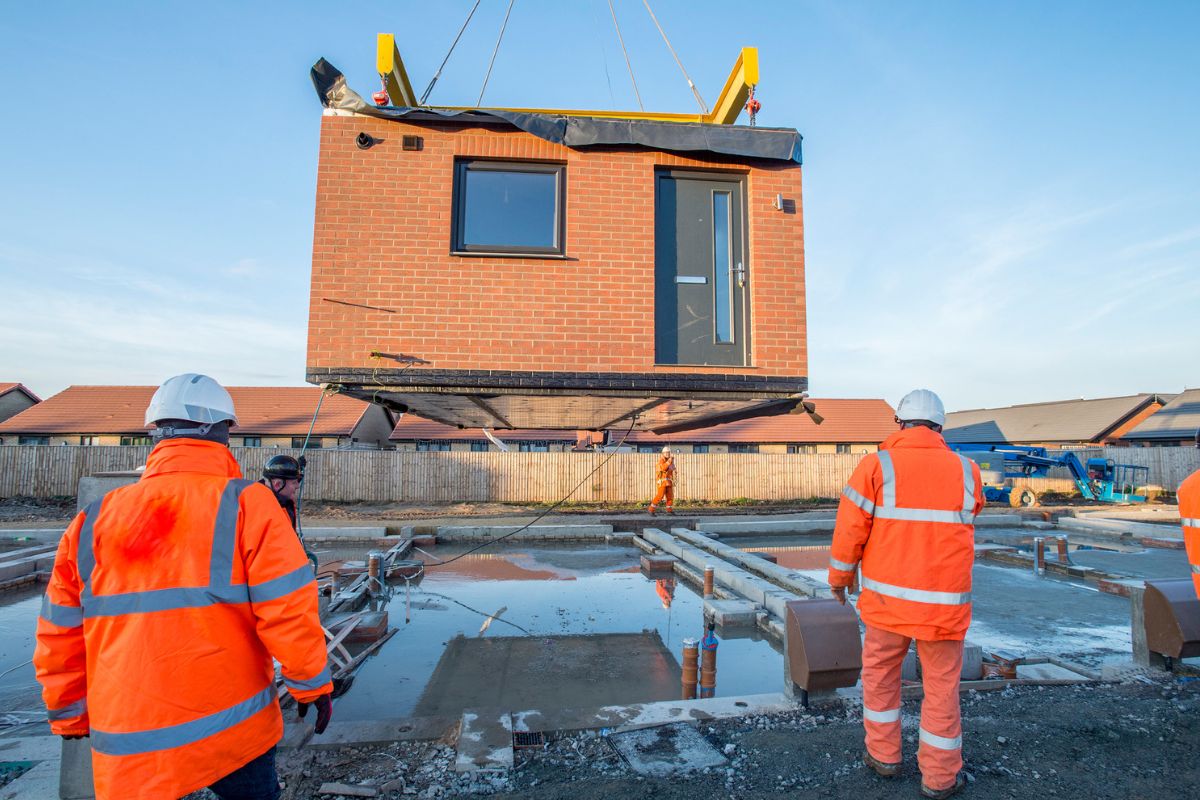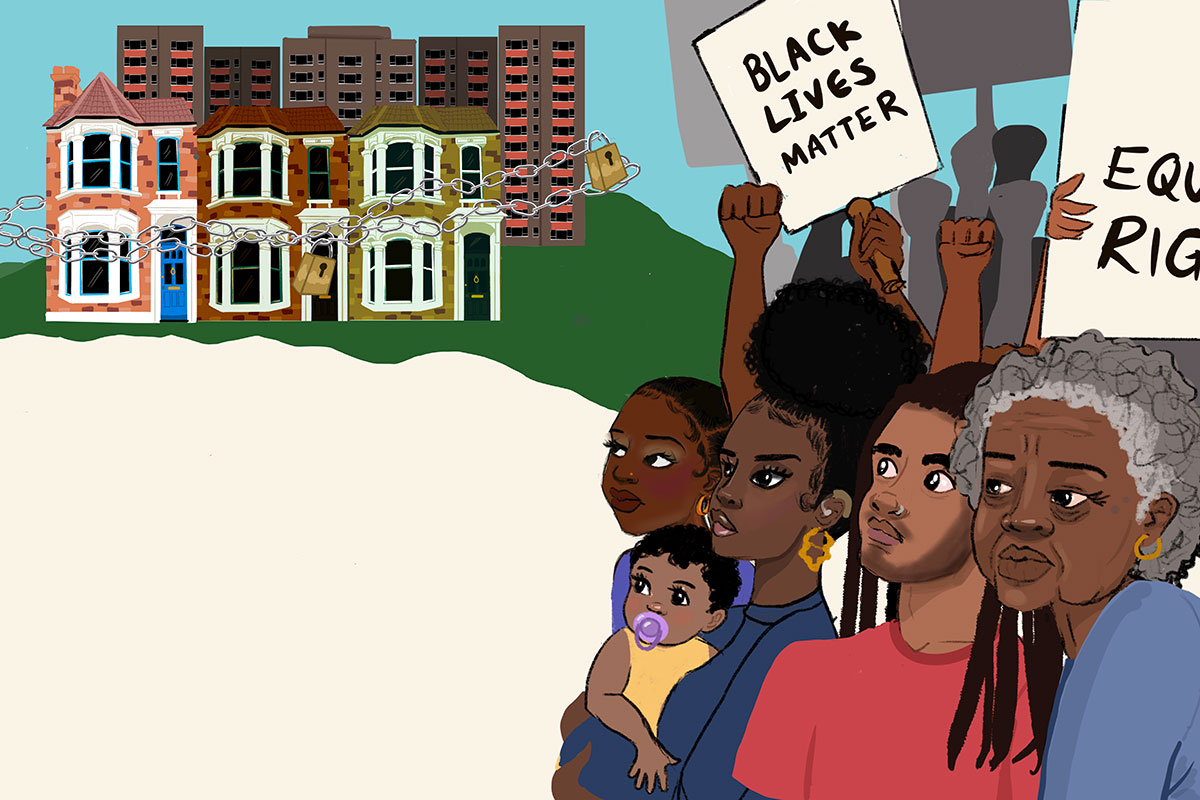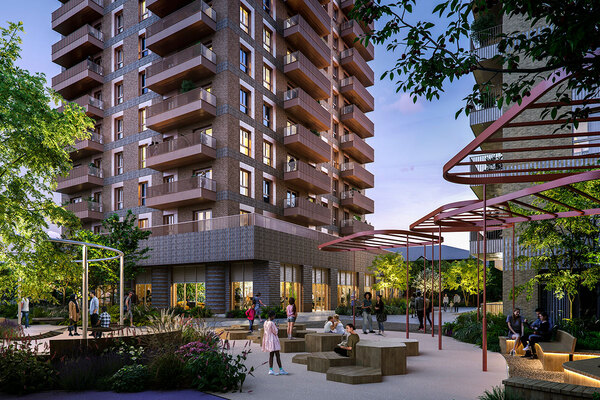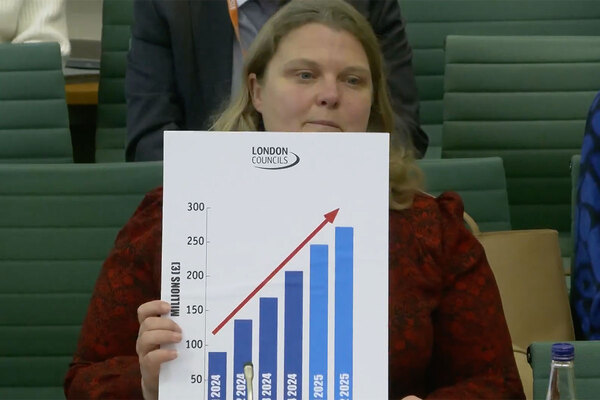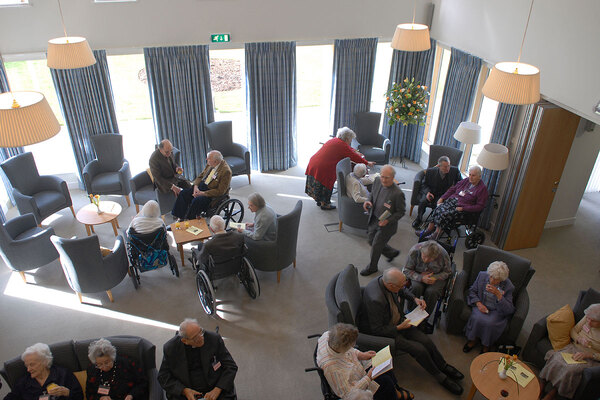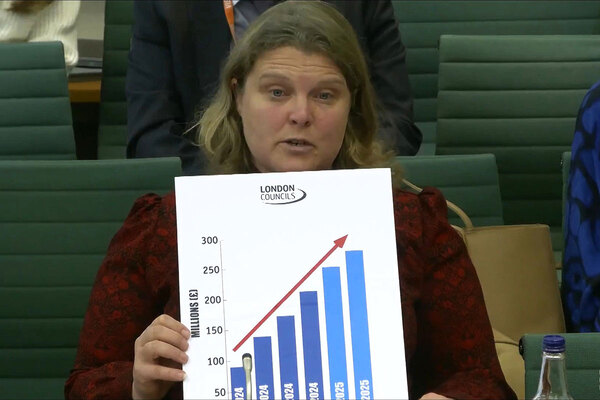
Owen Jarvis is chief executive of the UK Cohousing Network (UKCN)
The rise of co-housing is creating an exciting new way of working between housing associations and local communities
The rise of co-housing is opening up an inspiring new method of working between housing associations and local communities. More should look to get involved, writes Owen Jarvis
We are seeing the emergence of an exciting new way of working between housing associations and local communities, which we might call community mutuals.
From Dorset to Birmingham, these partnerships sometimes offer the only way to fill gaps in affordable housing or initiate specific innovations.
If the housing sector is serious about empowering local people, we would do well to give community mutuals more serious consideration.
Community mutuals fill a gap. Many housing associations originated as specific solutions to local needs. Faced with the demands of financial viability, regulation and ambition, many housing associations become big businesses.
However, once an organisation covers cities, counties and regions, meaningful local engagement becomes less practical and local needs can go unmet.
In recent years, the community-led housing movement has arisen. With significant success, it has enabled local people to access funds and expertise to resolve their own housing needs.
Rich in local insight and accountability, these groups are often run by volunteers working evenings and weekends. As amateur developers, groups often need additional skills and experience in housing development and lack access to significant financial reserves of commercial competitors.
Naturally, some groups can become stuck. Community mutuals offer a third option. A combination of the best of both worlds – the heft of professional housing bodies and the flair, passion and voice of local people and future residents.
In the South West of England, an epidemic of second homes are pricing families out. Land for affordable developments is often on small or tricky sites in national parks and heritage coasts, which often puts off mainstream providers.
In response, parish councils and residents have set up community land trusts (CLTs). These are democratic, non-profit organisations that can own and develop land for the benefit of the community, including affordable housing.
Faced with the daunting prospect of years of volunteer-led development work, many CLT groups have decided to work with consultancies like Middlemarch.
“Co-housing combines private homes and communal facilities with a culture of mutual support”
They offer an elegant solution in which the CLT buys the freehold for the land – usually a rural exception site – confirms local need, creates a housing design and secures planning permission.
With this in place, a housing association partner is offered a 125-year leasehold to develop the site using capital grants and their own access to lower-interest finance.
They manage the properties for affordable rent/ownership, which they can add to their balance sheet. The housing association remains accountable to the CLT, which receives an annual income from the lease. It is clearly a win-win.
Steve Watson at Middlemarch said: “To be successful, the housing association needs to buy into the ethos, get along with the community, and respect its judgement about what is needed. Communities need to respect the business requirements of housing associations.”
So far, 20 schemes have been completed and there are 60 more in the pipeline. There are opportunities in Sussex and Cornwall. Twelve housing associations are involved so far, the largest being Aster and the smallest White Horse Housing.
Housing 21 specialises in housing for older people. It recently announced a bold plan to launch 10 social rental co-housing schemes across Birmingham.
Co-housing is a model of highly sociable neighbourhood designs from Denmark. These are usually self or custom-build schemes of 20 to 50 homes. Residents lead on the development and ongoing management. There are 25 in the UK – 60 in the pipeline, with 25 expected to open in next three years.
Co-housing combines private homes and communal facilities with a culture of mutual support. Housing 21 believes co-housing can enable people in older age to live independent, happier lives for longer and greater resident management.
“Community mutuals need to be taken seriously as a genuine… [way of] turning initiatives that will otherwise would not happen into a reality”
Housing 21’s plans are innovative in supporting low-income, multi-ethnic communities across Birmingham. This requires collaborating with community groups. Local non-profit Legacy West Midlands is raising awareness of co-housing and engaging potential residents.
Triangle Architects is co-designing the age-friendly interiors. The next challenge is to clarify the sweet spot between professional housing management and resident leadership within each scheme. The benefits of co-housing won’t be about saving money but innovation.
Bruce Moore, chief executive of Housing 21, said: “Co-housing, for us, is a bit like the relationship of Formula 1 cars to the car industry. Co-housing represents the high-end of co-production with residents. We can’t afford to do this in all projects, but lessons will filter across for the benefit of many of our schemes.”
The concept of community mutuals is not entirely new. For example, years ago, GreenSquareAccord developed more than 700 homes that are run by resident-led co-operatives across Redditch.
We are now seeing the rise of a new generation. Community mutuals need to be taken seriously as a genuine commitment to empowering local people and turning initiatives that will otherwise would not happen into a reality.
Owen Jarvis, chief executive, UK Cohousing Network
Sign up for our daily newsletter
Already have an account? Click here to manage your newsletters
